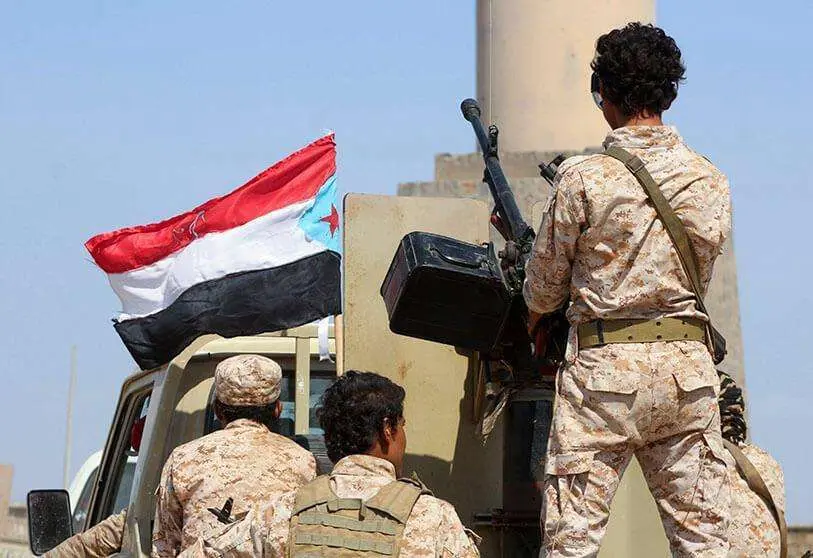Fear in Yemen's Southern Transitional Council over possible secessionist intentions in Hadramaut

Abd al-Rahman Rabbuh al-Mansur al-Hadi announced his decision to leave Yemen's government on 7 April this year, a decision applauded by his Saudi and Emirati allies. He then handed over power to a Governing Council (the Presidential Leadership Council) that was supposed to be in charge of mitigating as much as possible the very harsh consequences that the civil war that erupted in 2014 was leaving - and continues to leave -. Since Hadi delegated this Council, the situation, far from improving, has continued to move down an alley from which it seems increasingly difficult to emerge.
Now the complication seems to be within the secessionists themselves. The Southern Transitional Council - not recognised by the international community -, whose goal is the independence of southern Yemen, fears that an independence movement is brewing in Hadramaut province, the largest province in the country. According to the Transitional Council, the National Rally for Reform Party (commonly known as Al-Islah) - considered the political arm of the Muslim Brotherhood - may be behind the plot, which aims to further divide Yemen's already fragmented map.

The Council argues that "the vast majority of Hadhramaut made their choice and took the lead in the struggle for the independence of the south and the establishment of a just federal state to satisfy the rights of the people of the south and their aspirations for an effective national association". It is important to note that this region is rich in gas and oil, which, added to its strategic location in the south of the country, attracts the interest of many groups. One of these could be the Muslim Brotherhood, which is considered terrorist by a wide range of countries, including the US.
Its Yemeni political wing is believed to be behind this secessionist intention. Since the outbreak of the war, al-Islah has sought to impose its influence on the country's various governing bodies, and it appears that this move may be yet another attempt to shake up Yemen's already eroded - if not non-existent - stability. Indeed, observers are warning of a possible widening of the divide over the legitimate authority in the region and the problem throughout the south of the country.

These developments come against an even more complicated backdrop. The Presidential Leadership Council's announcement of the inability to pay civil servants as a result of the Houthi strike has caused the value of the Yemeni rial to fall dramatically. In one week it has fallen from 1,170 rials to 1,200 rials to the dollar, breaking a nine-month positive trend. In April alone, the value of the rial rose by 13% to 1,000 rials to the dollar.
The following months were good for the Yemeni currency due to the creation of the new Governing Council and the important financial contribution of the United Arab Emirates and Saudi Arabia, which contributed three billion dollars to the Yemeni economy. Rashad Al-Alimi, leader of the Presidential Leadership Council, has accused the Houthi militias of attacking the ports of Hadramaut and Shabwa with drones, thus stopping exports, one of the country's most important sources of income.

The hope, according to some experts such as Mustafa Nasr, director of the Centre for Economic Media, is that "due to the existence of some cash reserves in the central bank, the current degree of deterioration is within normal limits", he told Arab News. However, he also warns of the danger of stopping selling Yemeni currency: "the scenario would be disastrous if the central bank stopped selling the currency and the rial depreciated sharply".
Looking back, the situation of the Yemeni economy is even more worrying. In 2015, a year after the civil war broke out, the exchange rate was 250 rials to the dollar, which shows that the currency has depreciated by nearly 500%. The only thing that gives cause for optimism is the small recovery the country has seen since a year ago, when the exchange rate was 1,700 rials, thanks in large part to aid from the Arab Coalition. Even with them, the difficulty remains in political and social terms, with the situation increasingly complicated and divided, and a solution ever more distant.








